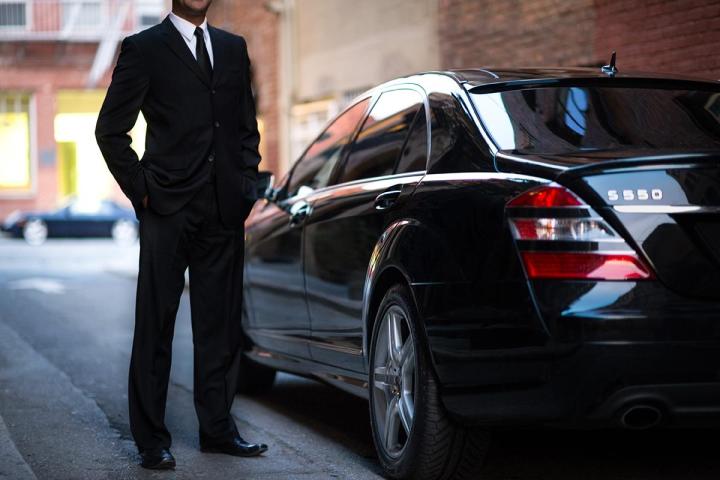
The plaintiffs in the two cases in question were identified as Jane Doe 1 and Jane Doe 2 in court documents. Jane Doe 1 is the plaintiff in an assault case against a Boston Uber driver and Jane Doe 2 is the plaintiff who claims that her driver raped her. Both incidents occurred in 2015.
Related: Uber drivers are still contractors and the company will pay up to $100M in settlements
The judge dismissed “without prejudice” Jane Doe 1’s claim against Uber for “negligent hiring, supervision, and retention of her driver.” The same judge is allowing Jane Doe 2’s claims against Uber to continue. “Dismissal without prejudice” means the claim can be brought back to court. Therefore, neither ruling is in Uber’s favor. Uber sought dismissal with prejudice in each case, which would have closed the claims permanently.
One issue in the spotlight due to these cases is the incidence of rape and sexual assault complaints Uber has received. Uber revealed that five claims of rape and 170 sexual assault claims involving its drivers were entered into its customer service database between December 2012 and August 2015.
By denying Uber’s motion to totally dismiss its liability and involvement in these two cases, the judge opens the possibility of other lawsuits against the company.



